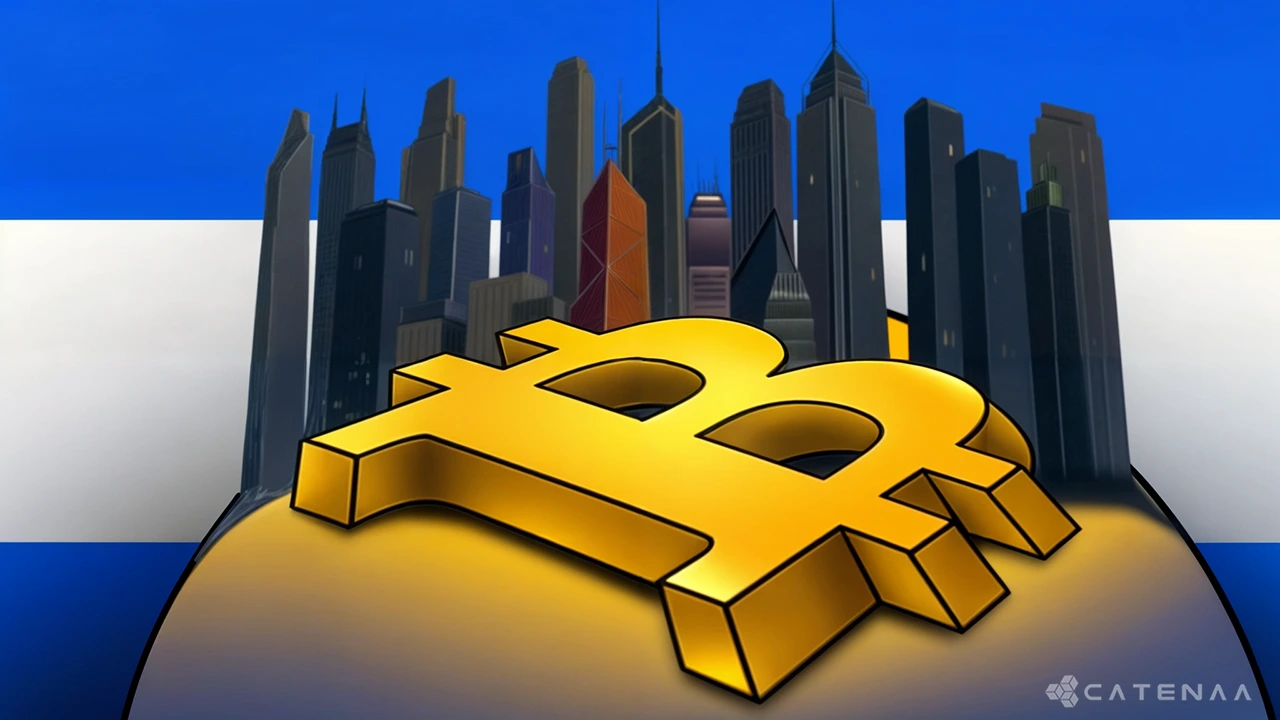SAN SALVADOR, El Salvador, Wednesday, August 13, 2024 — El Salvador’s ambitious Bitcoin City project may receive a significant boost after Turkish company Yilport Holdings committed $1.6 billion to develop two ports in the country.
The announcement amidst the country is engagement with the IMF to find a solution to its financial crisis.
This investment marks the largest private sector contribution in El Salvador’s history and could play a pivotal role in realizing President Nayib Bukele’s vision of a city powered entirely by Bitcoin.
Announced on Monday, August 12 by President Bukele via a video on his social media account, the deal involves Yilport Holdings and El Salvador’s Comisión Ejecutiva Portuaria Autónoma (CEPA) in a 50-year joint venture to operate and develop the Acajutla and La Unión ports.
The post on X.
The latter is particularly significant as it is the proposed site for Bitcoin City, a project unveiled by Bukele in 2021 shortly after Bitcoin was declared legal tender in the country.
La Unión port’s construction began in 2005, but it was never completed. The new investment by Yilport is expected to revive this stalled project, aligning with the government’s plans to attract global investments through its crypto-friendly policies.
The Bitcoin City, as envisioned by Bukele, will be a tax-free zone except for value-added tax (VAT) and will run entirely on Bitcoin and geothermal energy harnessed from nearby volcanoes.
The $1 billion “Volcano Bond,” initially intended to finance Bitcoin City, faced delays despite clearing legislative and regulatory hurdles.
The Yilport investment could provide the necessary momentum to overcome these setbacks. The project will commence with dredging and equipment acquisition at La Unión port by the end of the year, potentially setting the stage for Bitcoin City’s construction.
El Salvador is grappling with a severe financial crisis further complicated by its decision to adopt Bitcoin as legal tender in 2021. The move, championed by President Nayib Bukele, has led to economic instability, soaring bond yields, and credit rating downgrades. With inflation surging to 9.7% in mid-2024 and public debt exceeding $24 billion, the country faces increasing investor concerns and social unrest.


